Decoding Dementia: A Comprehensive Guide to Early Signs and Proactive Steps
Dementia is a term that encapsulates a range of neurological disorders affecting memory, thinking, and behavior. It's a frightening prospect for many, but understanding and recognizing the early signs can provide a vital head start in managing the condition. This comprehensive guide aims to decode dementia, offering insights into early symptoms and proactive steps to take. We delve into the science behind this condition, the various types, and how it affects the brain. We also explore the importance of early detection, the role of lifestyle changes, and the advancements in medical interventions.
Understanding Dementia

Dementia is not a single disease, but a general term for a decline in mental ability severe enough to interfere with daily life. It encompasses several conditions, including Alzheimer's disease, vascular dementia, and Lewy body dementia. Each type of dementia may affect individuals differently and may progress at varying rates. Understanding the different types of dementia can help in recognizing the early signs and symptoms and guide the subsequent steps to take.
The Science Behind Dementia
Dementia occurs due to damage or disease in the brain which affects the ability to think, remember, and behave. This section explores the biological mechanisms that underlie dementia, such as the accumulation of abnormal proteins, reduced blood flow to the brain, or inflammation. It also delves into the genetic and environmental factors that may increase the risk of developing dementia.
Early Signs of Dementia
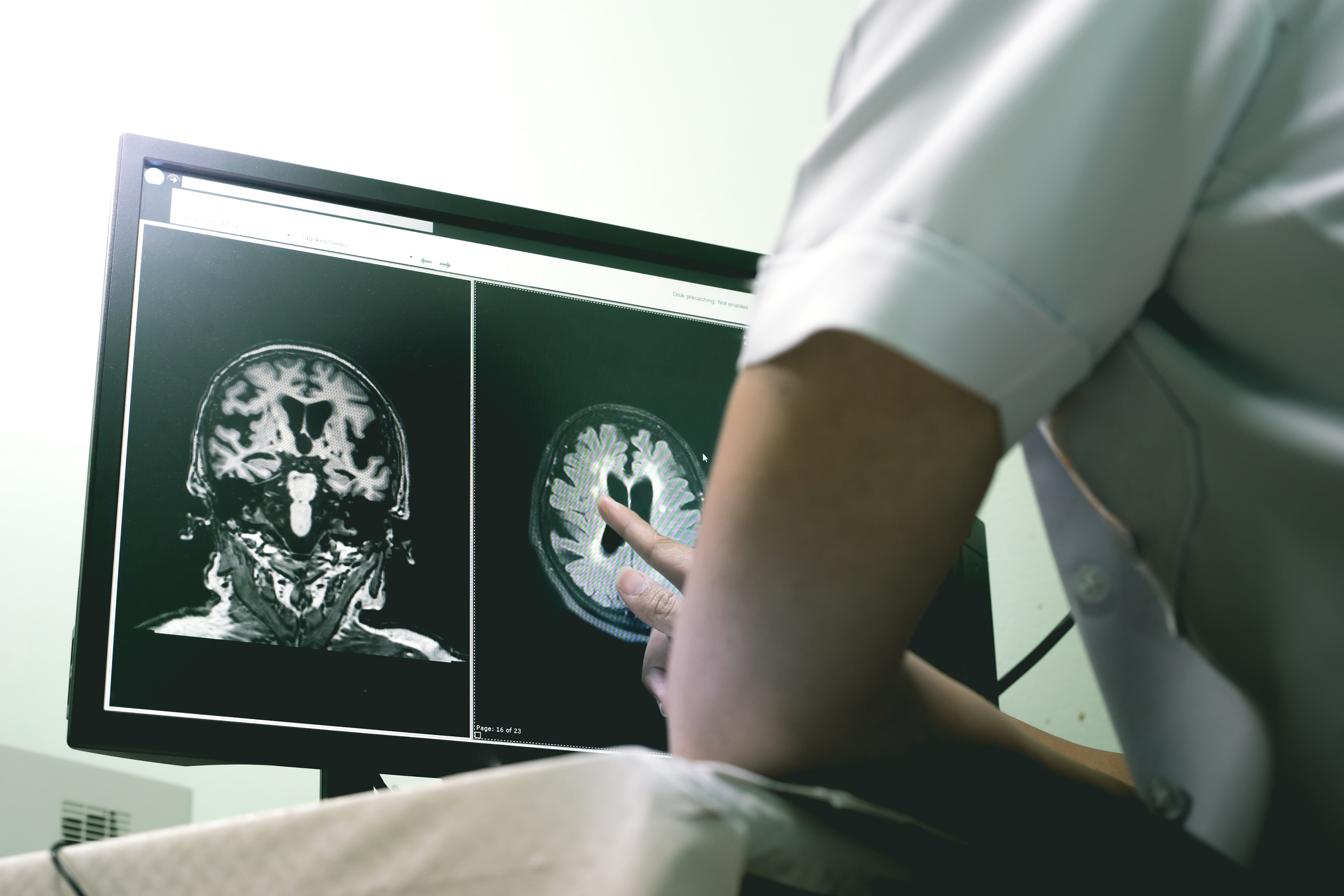
Recognizing the early signs of dementia can lead to earlier diagnosis and intervention. This section highlights the common early signs such as memory loss, difficulty in completing familiar tasks, confusion with time or place, and changes in mood or personality. It also discusses the importance of distinguishing these signs from normal aging processes.
Importance of Early Detection

Early detection of dementia can have numerous benefits. It allows for early intervention and treatment, which can slow the progression of the disease and improve quality of life. This section emphasizes the importance of regular cognitive assessments for older adults and discusses the tools and tests used in early detection.
Lifestyle Changes and Dementia
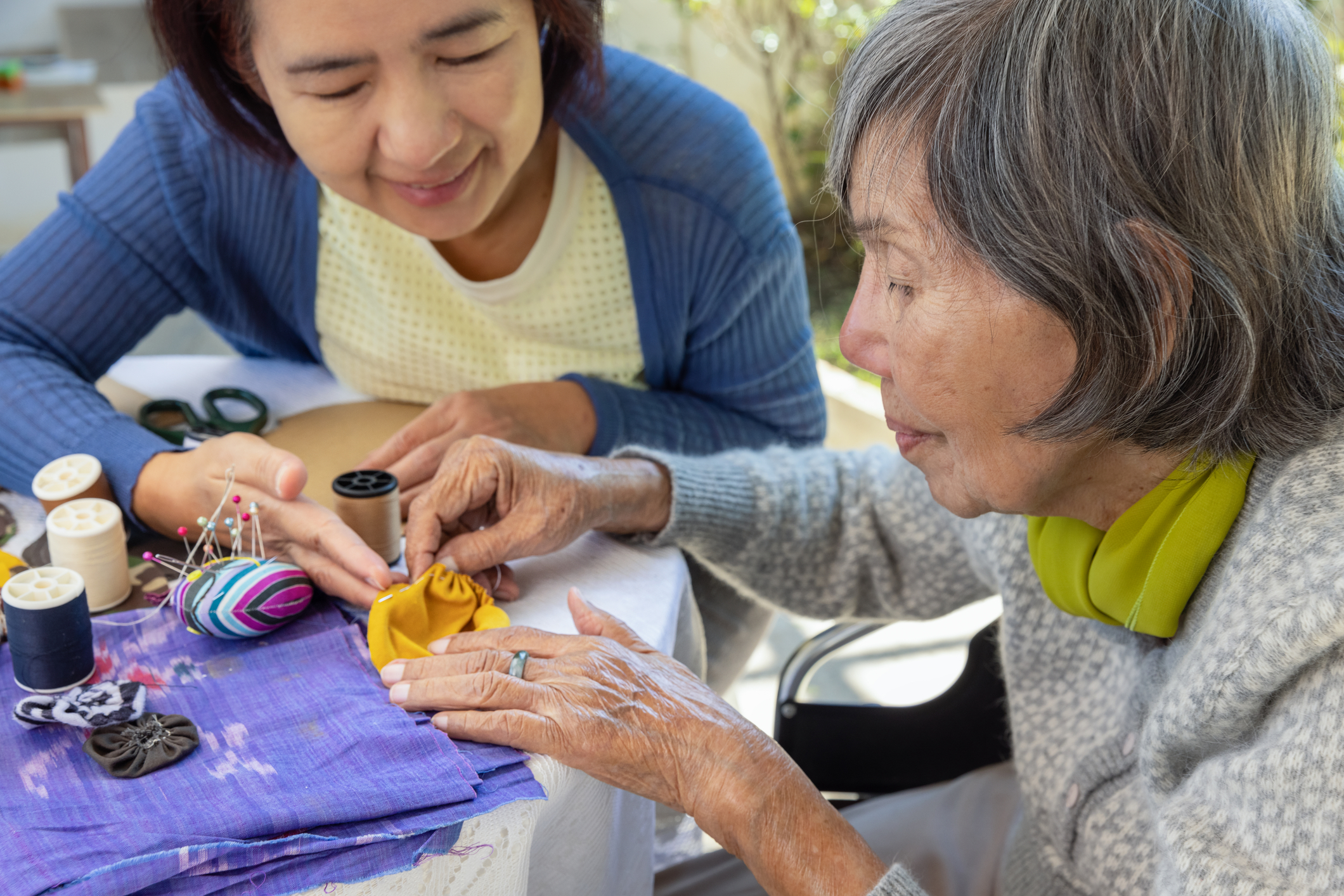
Certain lifestyle changes can help reduce the risk of developing dementia or slow its progression. This section explores the role of a healthy diet, regular physical activity, mental stimulation, and social engagement in maintaining brain health. It also discusses the impact of managing other health conditions, such as diabetes and heart disease, on dementia risk.
Medical Interventions for Dementia
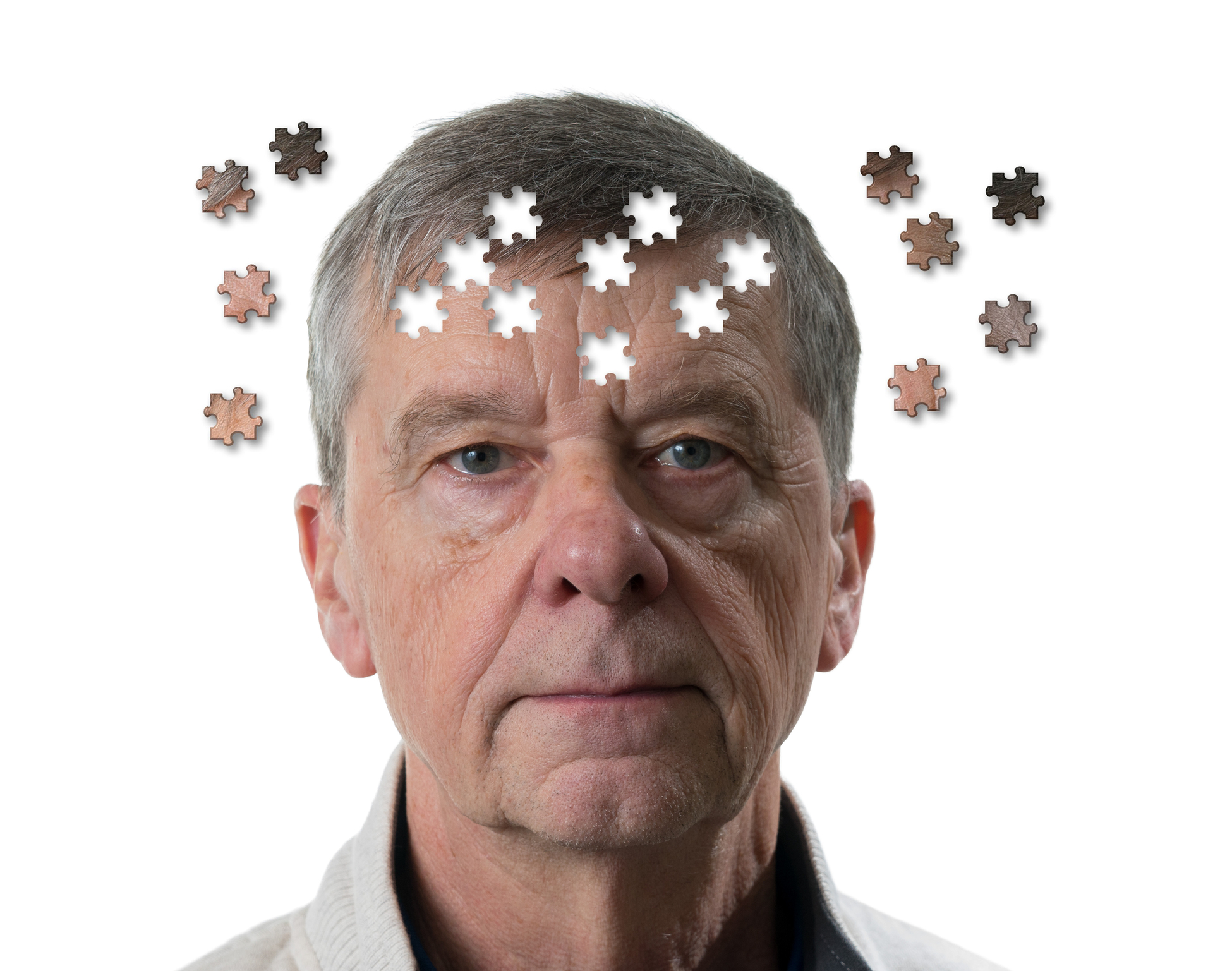
While there is currently no cure for dementia, various medical interventions can help manage symptoms and improve quality of life. This section discusses the role of medications, cognitive therapy, and other treatments in managing dementia. It also explores the ongoing research into new treatments and potential cures.
Coping with a Dementia Diagnosis

Receiving a dementia diagnosis can be overwhelming. This section provides guidance on how to cope with the diagnosis, including seeking support from loved ones, joining a support group, and learning as much as possible about the condition. It also discusses the importance of planning for the future and making legal and financial arrangements.
Caregiving for Someone with Dementia
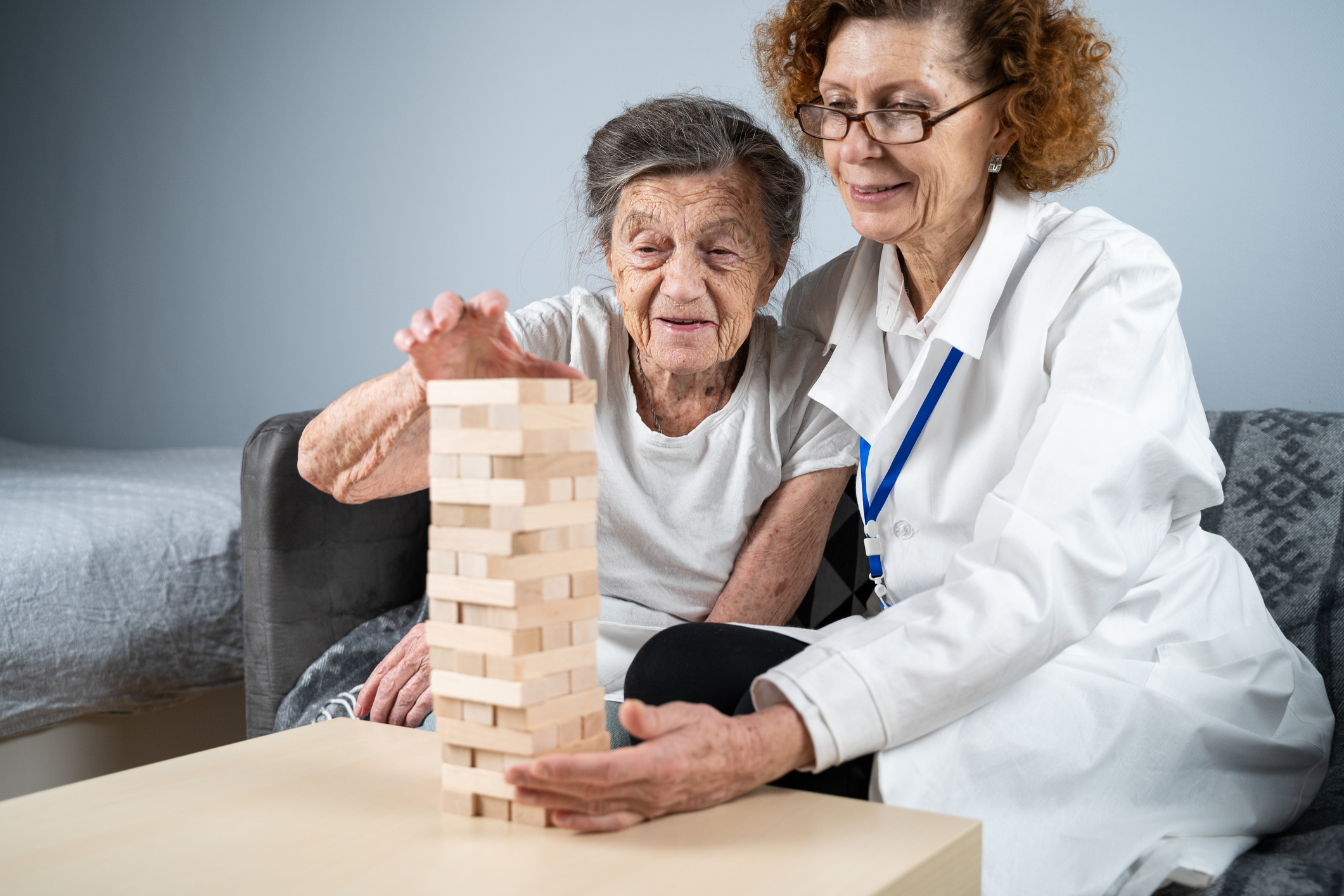
Caring for someone with dementia can be challenging but rewarding. This section offers practical tips for caregivers, such as creating a safe environment, communicating effectively, and managing challenging behaviors. It also highlights the importance of self-care for caregivers and provides resources for support and respite care.
The Role of Technology in Dementia Care

Technology can play a crucial role in dementia care, from apps that aid memory to devices that monitor health and safety. This section explores the various ways technology can assist those with dementia and their caregivers, and discusses considerations for choosing and using these technologies.
Dementia and the Law
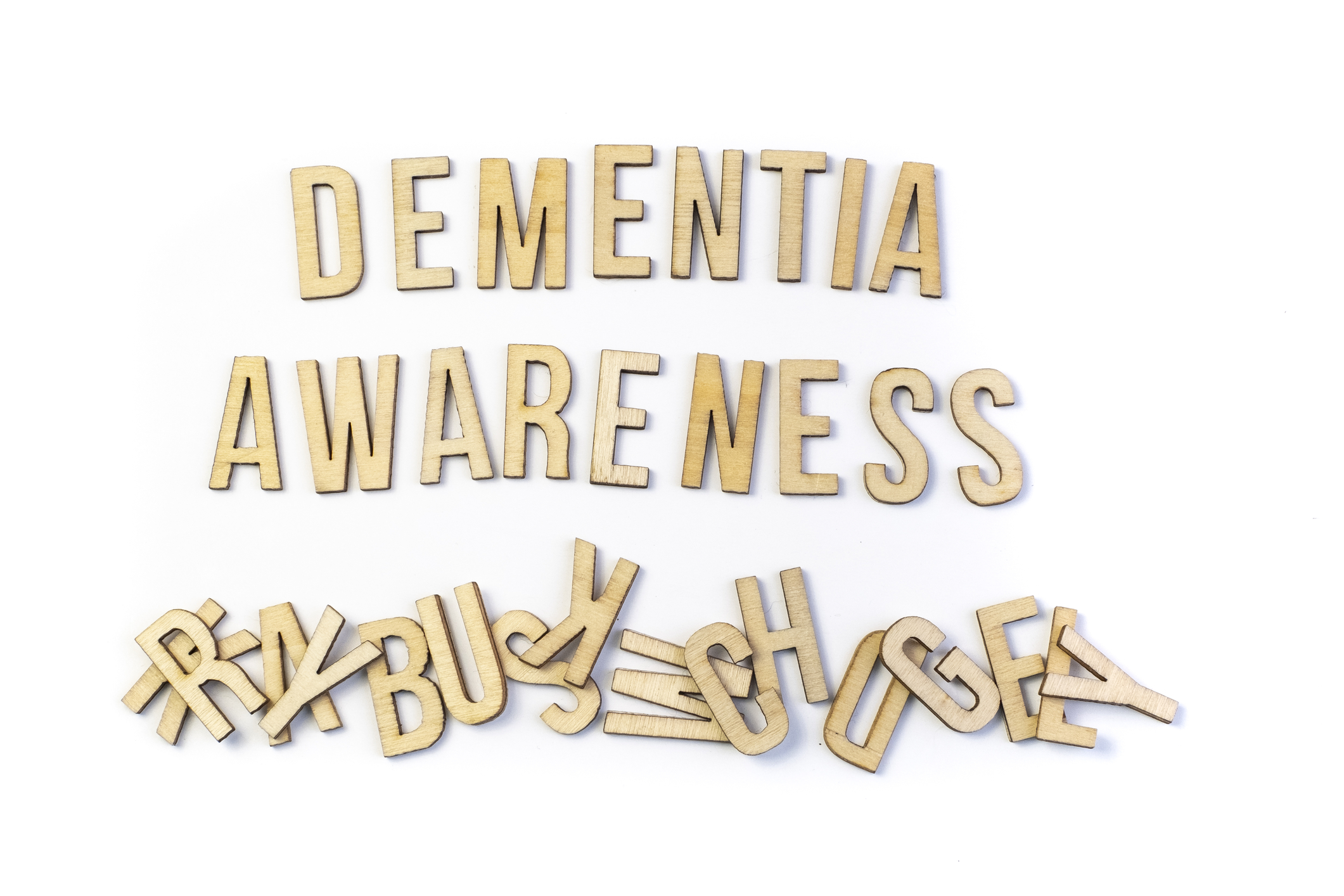
Legal issues often arise in the context of dementia, from questions of capacity to make decisions, to issues around care and treatment. This section explores these legal issues and provides guidance on navigating the legal system, including the role of attorneys and legal documents such as power of attorney and living wills.
Dementia Research and Future Directions
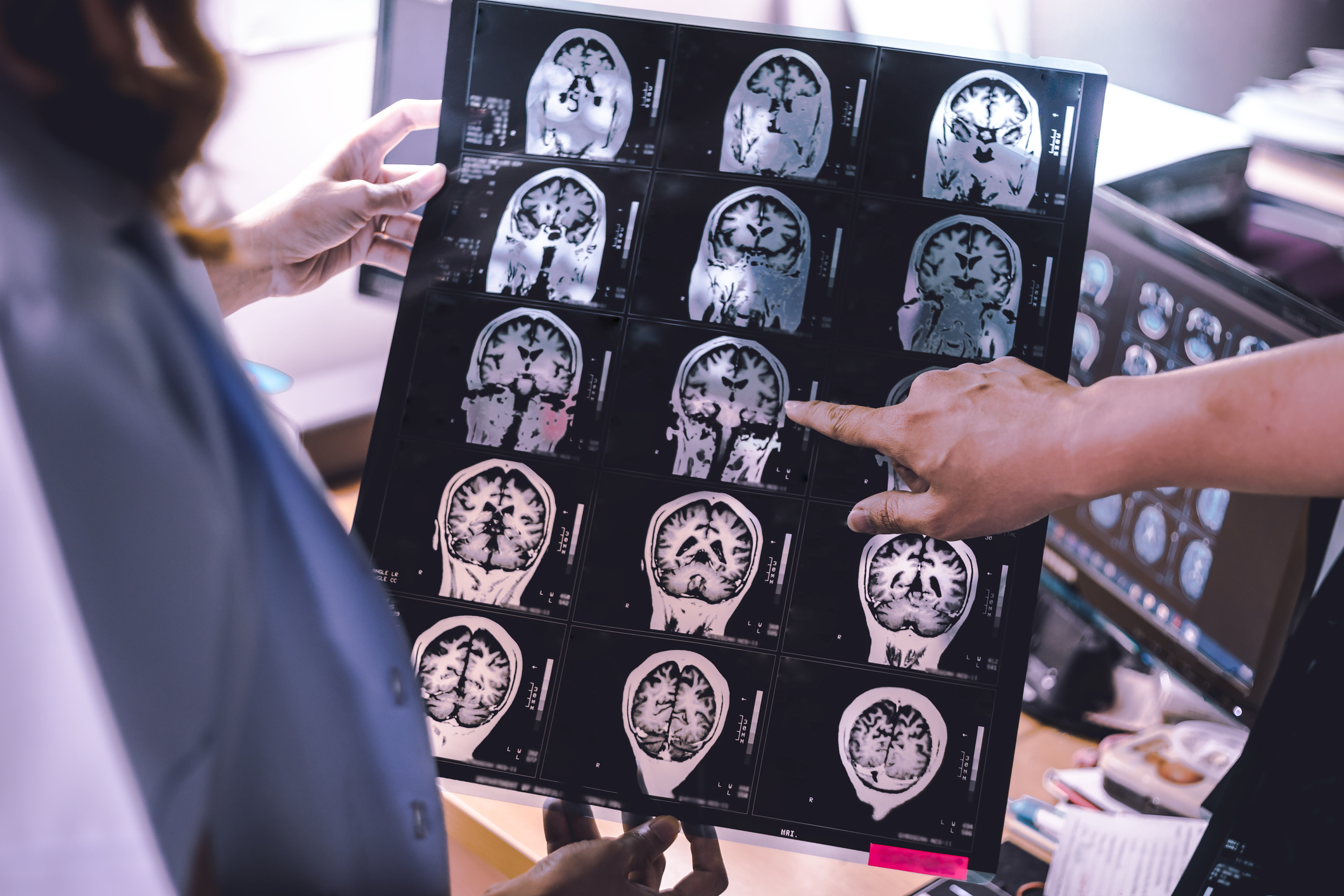
Research is crucial in the fight against dementia. This section discusses current research efforts, from studies exploring the causes and mechanisms of dementia to clinical trials testing new treatments. It also looks at future directions for dementia research, including the potential for personalized treatments and prevention strategies.
Dementia in Different Cultures

Dementia affects people from all cultures and backgrounds. This section explores how dementia is understood and experienced in different cultures, and discusses the importance of culturally sensitive care and support. It also looks at disparities in dementia care and research, and efforts to address these disparities.
The Economic Impact of Dementia

Dementia has a significant economic impact, both on individuals and on society as a whole. This section explores the costs associated with dementia care, from medical expenses to the costs of caregiving. It also discusses the broader economic impact of dementia, and efforts to address these costs through policy and research.
Dementia and the Arts
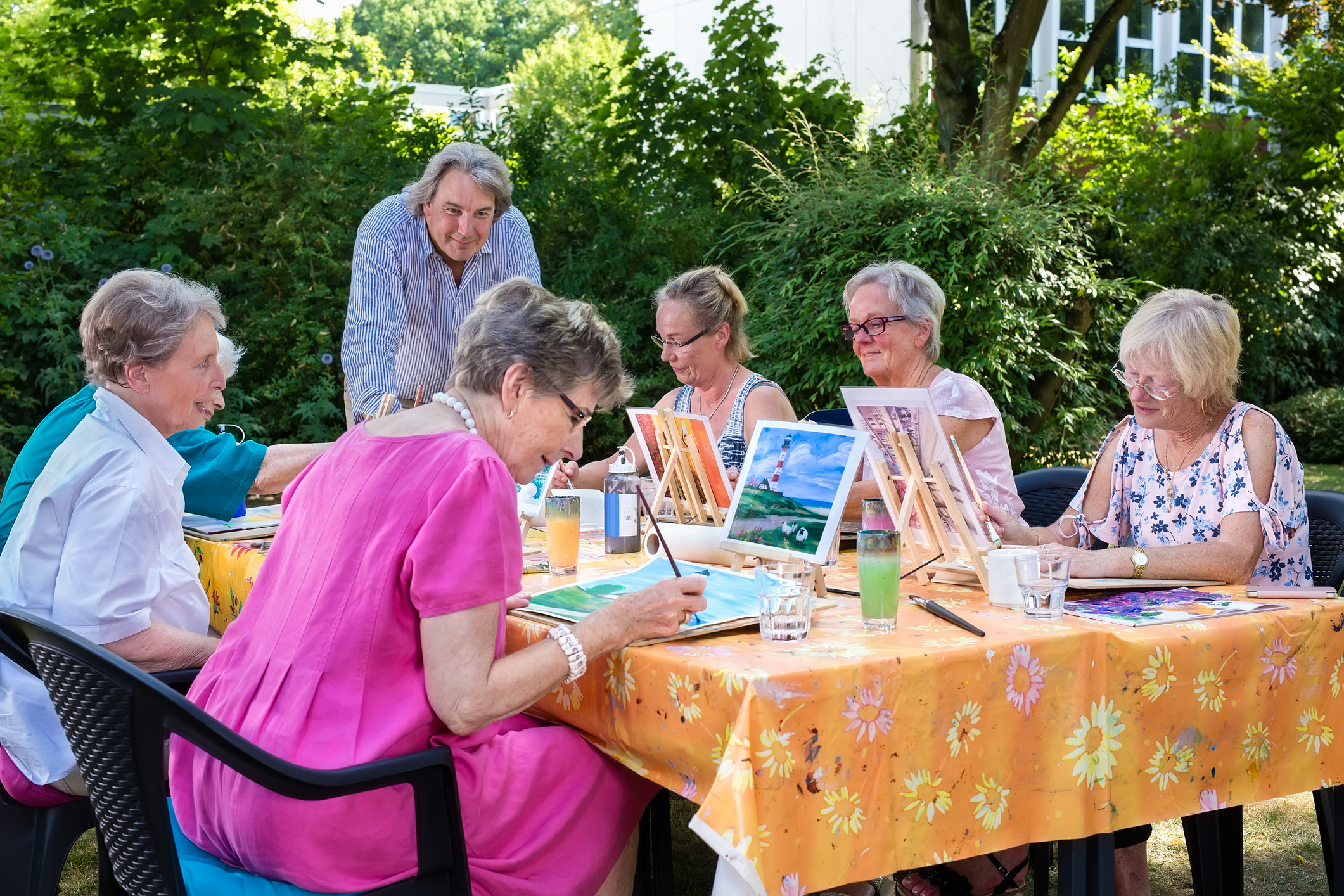
The arts can play a unique role in the lives of those with dementia, from providing therapeutic benefits to offering a means of expression. This section explores the role of music, visual arts, dance, and other art forms in dementia care and therapy. It also looks at how the arts can be used to raise awareness and understanding of dementia.
Dementia is a complex and challenging condition, but understanding its early signs and taking proactive steps can make a significant difference. This guide has aimed to provide a comprehensive understanding of dementia, from the science behind it to the practical aspects of care and support. With ongoing research and advances in care, there is hope for a future where dementia can be effectively managed, and perhaps even prevented.